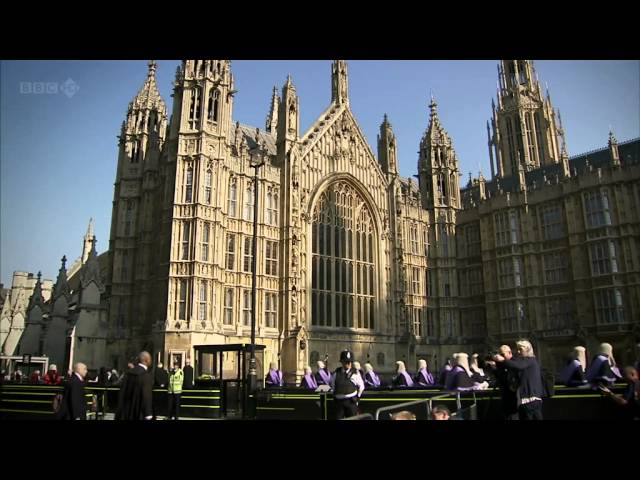Gepinnte Beiträge
-
Beitrag wurde veröffentlicht, er ist jetzt im Stream sichtbar.
-
Beitrag wurde veröffentlicht, er ist jetzt im Stream sichtbar.
-
Beitrag wurde veröffentlicht, er ist jetzt im Stream sichtbar.
Neueste Aktivitäten
-
Beitrag wartet auf FreischaltungBeitrag wurde veröffentlicht, er ist jetzt im Stream sichtbar.
-
Beitrag wurde veröffentlicht, er ist jetzt im Stream sichtbar.
-
Beitrag wurde veröffentlicht, er ist jetzt im Stream sichtbar.
-
Open Society Foundations - Rights & JusticeThe Open Society Foundations advance human rights and justice around the world by advocating equality for minorities and women, supporting international war crimes tribunals, and helping institute national legal reforms to ensure freedom of information, promote sentencing alternatives, and protect the rights of criminal defendants.Beitrag wartet auf FreischaltungBeitrag wurde veröffentlicht, er ist jetzt im Stream sichtbar.
-
Open Society Foundations - Rule of LawWe work internationally to develop effective and accountable justice systems. Nationally, we support and train lawyers and community paralegals, and seek to make justice accessible to all.Beitrag wartet auf FreischaltungBeitrag wurde veröffentlicht, er ist jetzt im Stream sichtbar.
-
Open Society Foundations - Law and HealthThe Open Society Foundations promote societies in which the rule of law and respect for human rights safeguard the health of all, especially the most vulnerable. This includes people living with HIV or tuberculosis, people needing palliative care, people who use drugs, people with disabilities, prisoners, ethnic minorities, sex workers, and...The Open Society Foundations promote societies in which the rule of law and respect for human rights safeguard the health of all, especially the most vulnerable. This includes people living with HIV or tuberculosis, people needing palliative care, people who use drugs, people with disabilities, prisoners, ethnic minorities, sex workers, and sexual minorities.MehrBeitrag wartet auf FreischaltungBeitrag wurde veröffentlicht, er ist jetzt im Stream sichtbar.
-
Open Society Foundations - International JusticeThe Open Society Foundations seek to reduce impunity for serious crimes by helping domestic and international tribunals conduct effective investigations, carry out fair trials, and engage victims and affected communities.Beitrag wartet auf FreischaltungBeitrag wurde veröffentlicht, er ist jetzt im Stream sichtbar.
-
Open Society Foundations - Disability RightsIn truly inclusive democracies, persons with disabilities enjoy human rights on an equal basis with others and fully participate in society. The Open Society Foundations tackle deeply entrenched discriminatory laws, practices, and attitudes that hinder full equality and inclusion of persons with disabilities in their communities.Beitrag wartet auf FreischaltungBeitrag wurde veröffentlicht, er ist jetzt im Stream sichtbar.
-
Beitrag wurde veröffentlicht, er ist jetzt im Stream sichtbar.
-
Beitrag wurde veröffentlicht, er ist jetzt im Stream sichtbar.
Noch keine Aktivität vorhanden.
